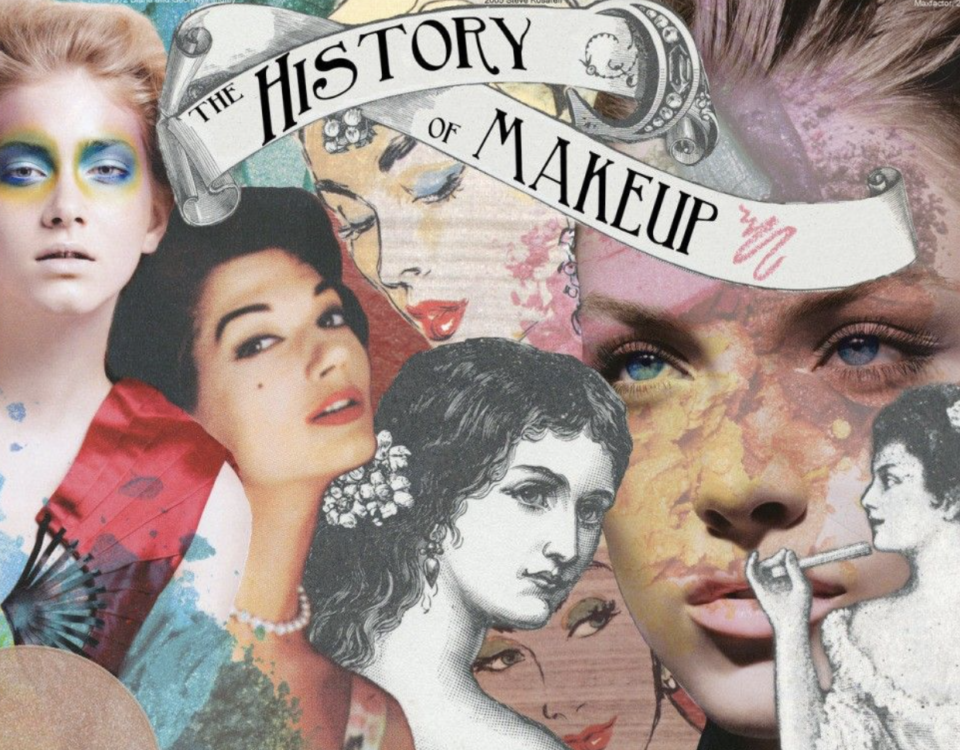The Essentials: What it Takes to Become a Fashion Model
The Essentials: What it Takes to Become a Fashion Model

In the dynamic and ever-evolving world of fashion, the allure of the runway and the glossy pages of magazines has long captivated the hearts and minds of many aspiring models. The glitz, the glamor, and the opportunity to become a part of a global industry that sets trends and shapes culture have made modeling a dream career for countless individuals. However, beneath the spotlight, there lies a world of hard work, determination, and resilience. To make it in the competitive realm of fashion modeling, one must possess a unique combination of attributes, skills, and dedication. Here, we delve into the essentials that pave the path toward becoming a successful fashion model.

- Confidence and Self-Expression: In an industry that thrives on individuality and self-expression, possessing confidence is key. A model’s ability to exude confidence and comfort in their own skin often translates into a captivating presence on the runway and in front of the camera.
- Physical Attributes and Maintenance: While there’s no one-size-fits-all mold for models, maintaining a healthy physique and grooming oneself meticulously is vital. Regular exercise, proper nutrition, and a well-managed skincare regimen contribute to a model’s ability to showcase clothing and products effectively.
- Professionalism and Work Ethic: Behind the glitz and glamor, the fashion industry demands professionalism and a strong work ethic. Models are expected to be punctual, adaptable, and able to work in high-pressure environments. Displaying a positive attitude and being open to feedback can set a model apart from the competition.
- Portfolio and Networking: Building a diverse portfolio that showcases versatility and range is crucial. Aspiring models should collaborate with reputable photographers, stylists, and makeup artists to create a compelling body of work. Networking within the industry, attending events, and establishing connections with agencies can open doors to potential opportunities.
- Understanding the Industry: Familiarizing oneself with the ins and outs of the fashion industry is essential. This includes staying informed about current trends, designers, and influential figures within the industry. Understanding the demands of different types of modeling, such as haute couture, commercial, or editorial, is crucial for navigating the diverse facets of the field.
- Resilience and Perseverance: Rejection is an inevitable part of a model’s journey. Developing resilience and the ability to persevere through setbacks is fundamental. Learning from experiences, constantly honing skills, and maintaining a positive mindset are integral to achieving long-term success.
- Education and Guidance: While formal education isn’t a prerequisite for a career in modeling, having a basic understanding of marketing, business, and communication can be advantageous. Seeking guidance from established professionals, mentors, and reputable modeling agencies can provide invaluable insights and support.
- Legal and Contractual Awareness: Understanding the legal aspects of the modeling industry, including contracts, rights, and obligations, is crucial to safeguarding one’s interests. Seeking legal advice when necessary can ensure that models are protected and fairly compensated for their work.
Becoming a successful fashion model is a journey that demands dedication, perseverance, and a passion for the craft. While the industry is competitive and challenging, with the right combination of attributes, skills, and knowledge, aspiring models can carve a rewarding and fulfilling career path in the fascinating world of fashion.

